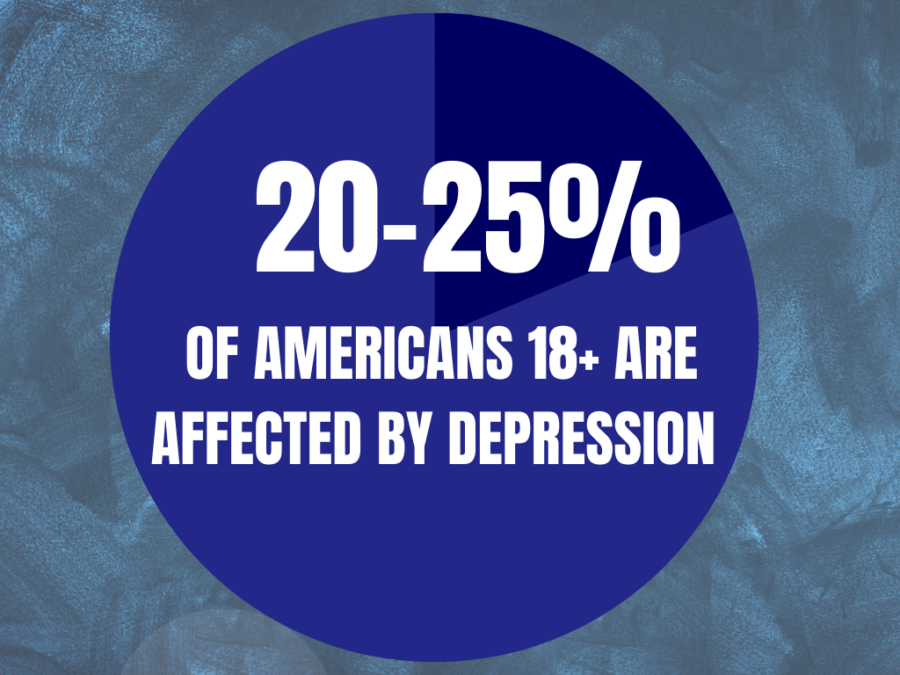Weber State University has proposed a second-tier tuition increase of 0-3 percent, which translates into $0-72 increase per semester for full-time resident undergraduate students.

A public hearing for the proposal was held on Feb. 26 with President Chuck Wight presenting the information for the proposal.
“It the most likely reasonable worst case, we would only need to raise tuition by a maximum of 3 percent and the university will survive,” Wight said.

Wight said the administration hopes to contribute this increase to four main things: academic support up to $520,000, student support up to $681,000, administrative support up to $617,000 and compensation up to $1,063,000.

The amount of each depends on how much money is given in the Tier 1 increase by the Utah State Board of Regents.
In past years, these main areas have been the focus of other tuition proposals. Administrative Services VP Norm Tarbox said the various resources on campus — from academic advising and counseling to testing centers, networks and software — require constant distribution of funds.

“None of these things can be addressed and then never worried about again,” Tarbox said. “They are all continuing needs.”
Tuition increases are done in two stages. The Utah State Board of Regents proposes and decides on a first-tuition increase, which affects all public institutions in Utah. After they have decided on the first-tier increase, individual schools can implement second-tier tuition.
The second-tier tuition increase helps institutions focus on their own individual needs and fill urgent budget needs that are not met by the first-tier increase.
The percentage of the increase is undetermined because, according to Wight, the university doesn’t know how much tax money the school will get and what the Board of Regents is going to do with the first-tier tuition increase.
“We’re kind of shooting in the dark,” Wight said.
The Board of Regents will finalize their decision by the end of March, and WSU will find out about the second-tier tuition increase at the beginning of April.
One of Wight’s biggest goals as president was to keep tuition low. Four out of the six years that Wight has been president, there’s been a zero percent increase in second-tier tuition.
Last year, the second-tier tuition was raised one percent and was used for compensation and administrative support.
“We have tried to keep our tuition rates as low as possible,” Tarbox said. “But some amount of increase is necessary to continue the progress of improving our programs and services.”
Weber’s tuition is substantially below average nationally. It is about 40 percent below the national average.
“We have an administration that is opposite than a lot of public institutions,” said Brett Perozzi, the Interim Vice President of Student affairs. “Where at every turn we’re trying to keep the cost of higher education affordable.”




















